In an ever-increasingly digital world it’s more important than ever to stay safe online, whether it’s protecting our own data or the data within our organisation. By being aware of digital best practices and tips to stay safe online, we will ensure that we can still enjoy navigating the online world without compromising our safety.
Digital footprint
Our digital footprint includes every traceable online activity that is associated with the online user or organisation. This can include passive online activity such as web-browsing information stored as cookies, or information openly shared by the users themselves on social media and other sites. Even using a private browser doesn’t prevent web tracking.
For more information: https://www.avast.com/c-guide-to-private-browsing#:~:text=Private%20browsing%20hides%20your%20searches,%2C%20the%20government%2C%20or%20hackers.
Social media screening
It is becoming more popular for employers to check the digital footprint of potential employees during the recruitment process through ‘social media screening’. Whether it’s checking comments posted on Facebook, liked tweets on Twitter or videos posted on TikTok, online tracking in this way can strongly impact an individual’s employability.
Ways to protect your digital footprint:
• Ensure software on all your devices is kept up-to-date
• Delete any apps or social media accounts that you don’t use
• Create strong, unique passwords and update them every few months
• Make sure that any search results that appear alongside your name match the identity that you want to portray
For more information: https://www.reed.com/articles/what-is-social-media-screening
For more information: https://uk.norton.com/blog/privacy/clean-up-online-digital-footprint
Protecting your personal data
Inevitably, we’re most likely going to continue using digital platforms in everyday life for the foreseeable future, so what steps can we take to protect the data that we share?
As well as following the steps above, we can also consider the following:
• Use a VPN if connecting to public wi-fi, and don’t use public wi-fi to access sensitive information such as online banking
• Activate multi-factor authentication to add an extra layer of security to your accounts
• Be aware of the different types of online scams, such as phishing emails, man-in-the-middle attacks and misleading government websites
It is all of our responsibility to remain vigilant online and take the necessary steps to protect ourselves and our organisation.
More resources:
Cyber Security Gov Website: https://www.ncsc.gov.uk/
Social Dilemma documentary: https://www.netflix.com/gb/title/81254224
